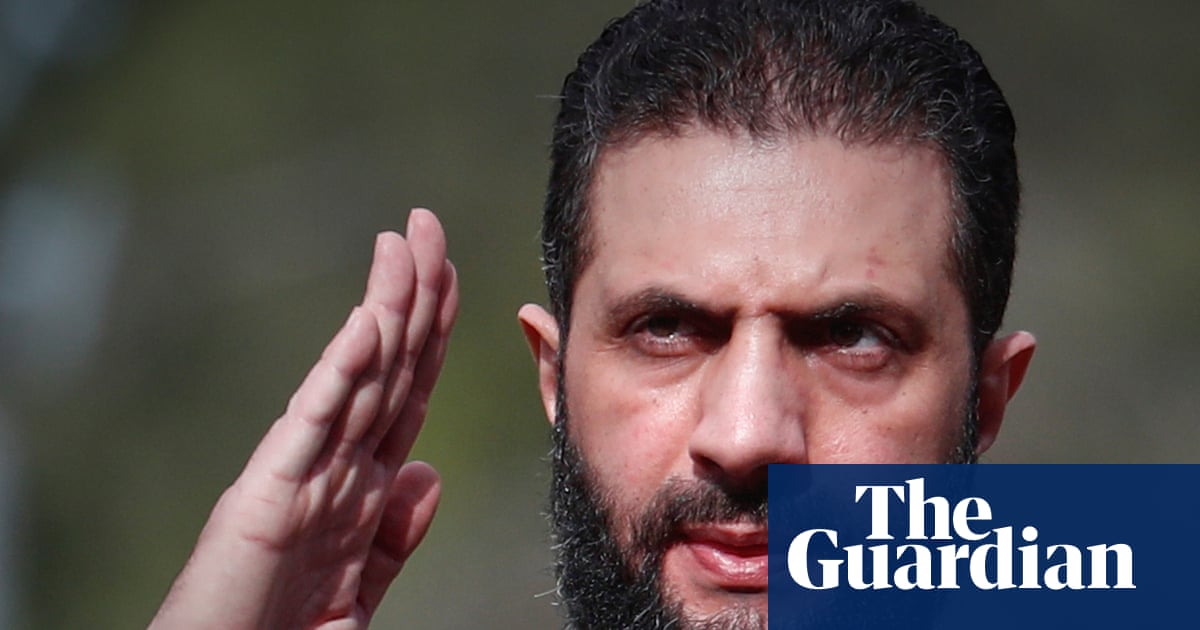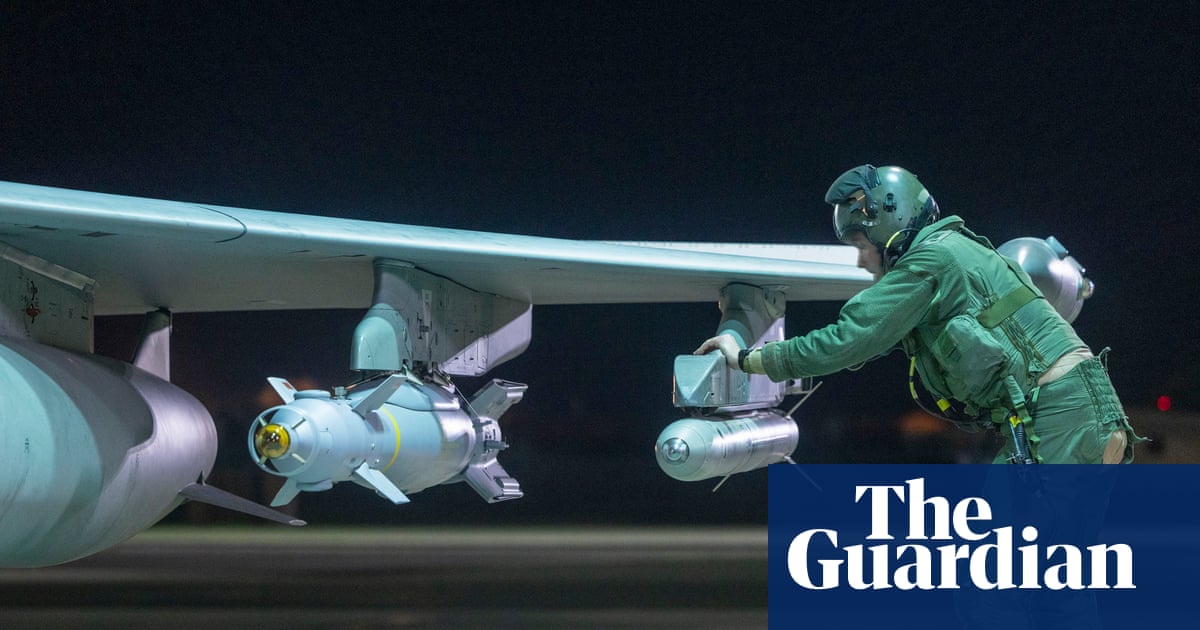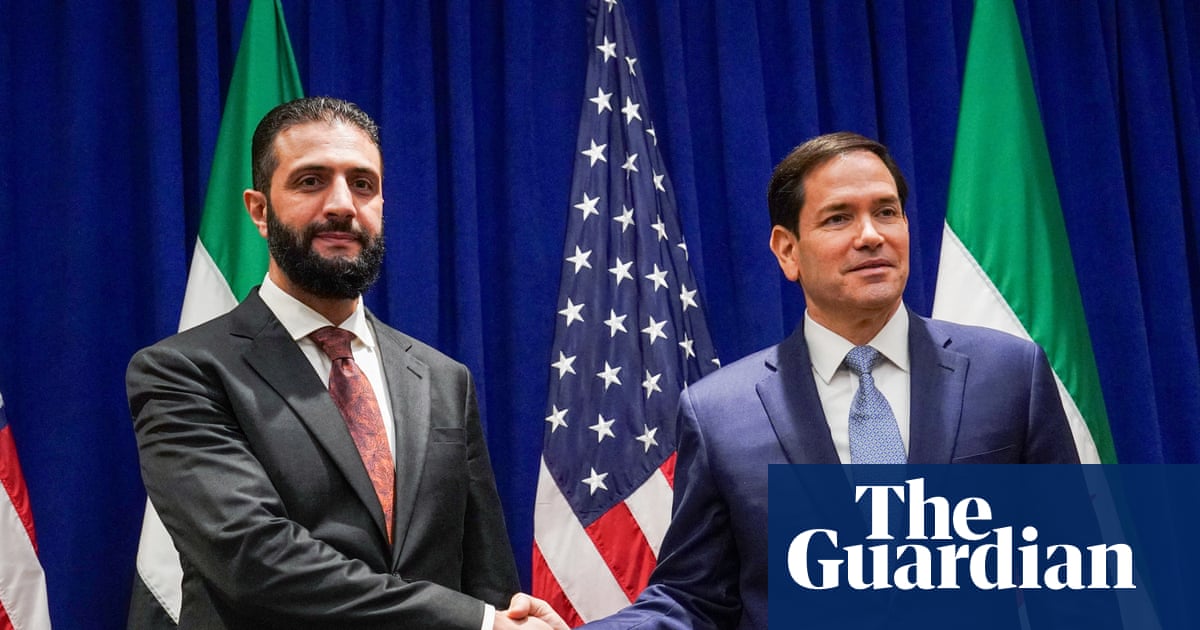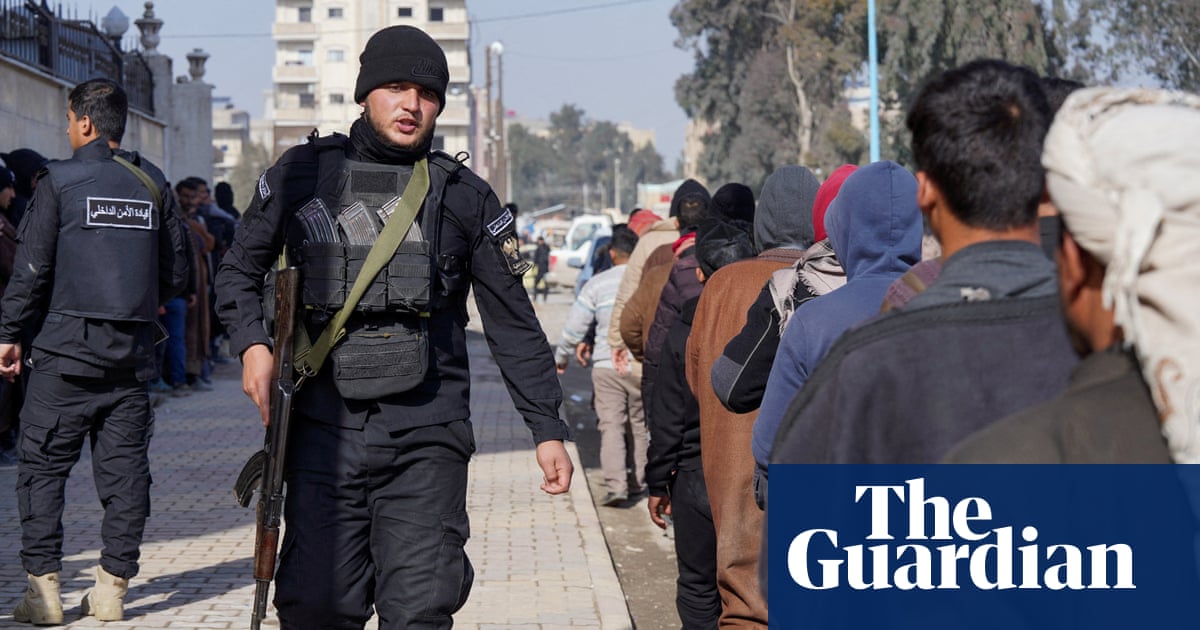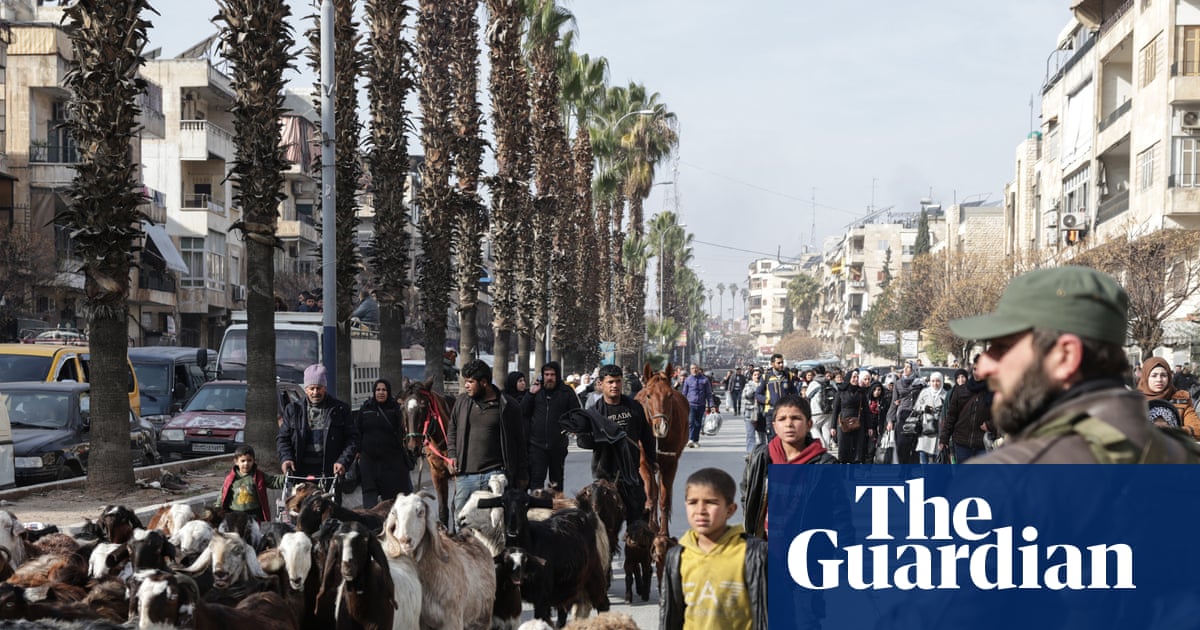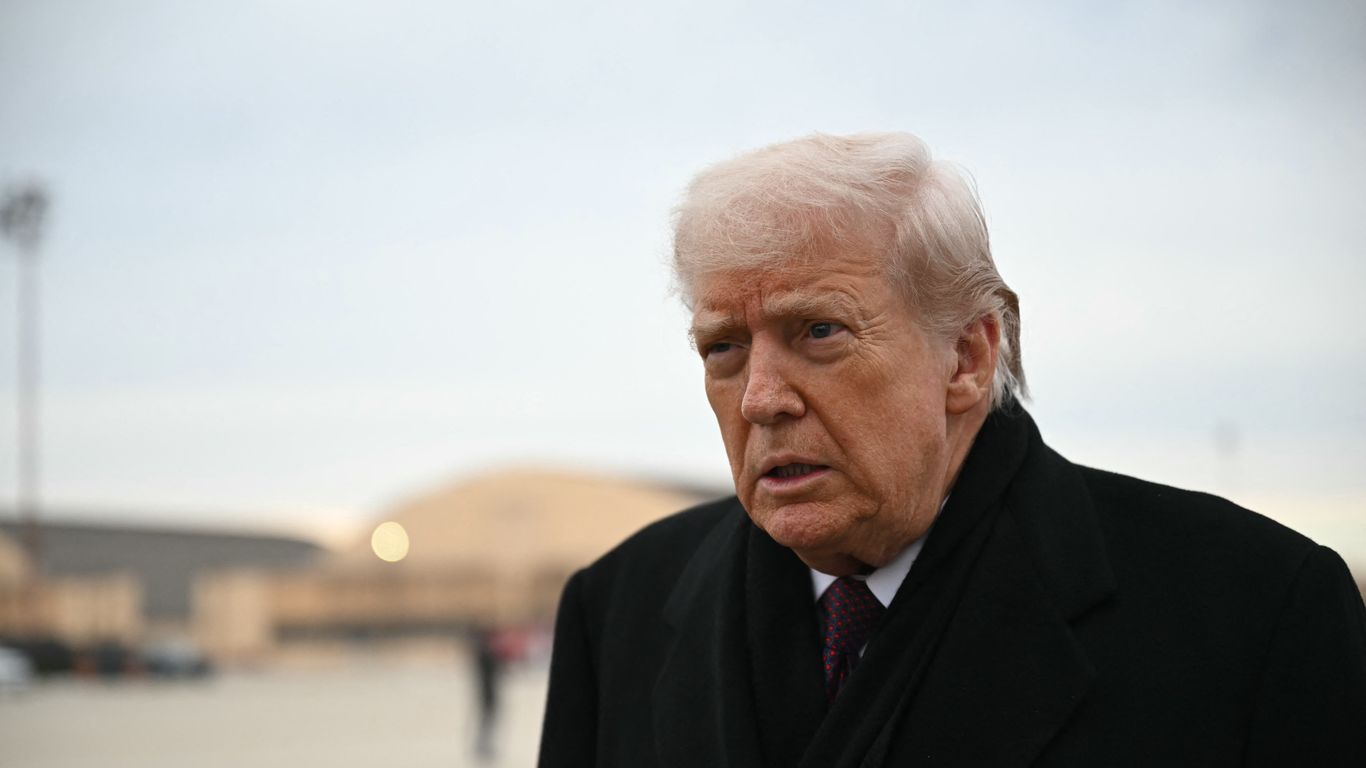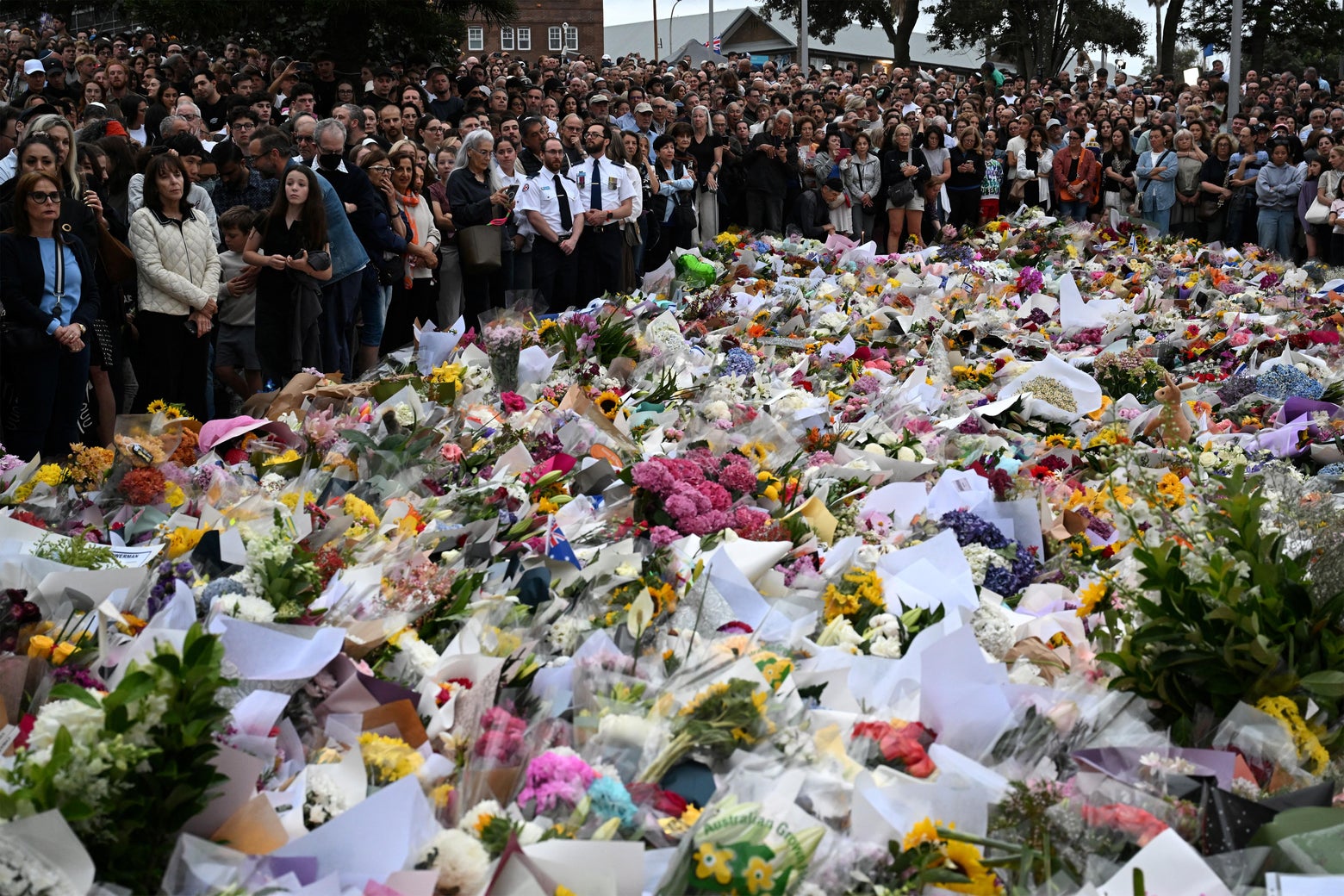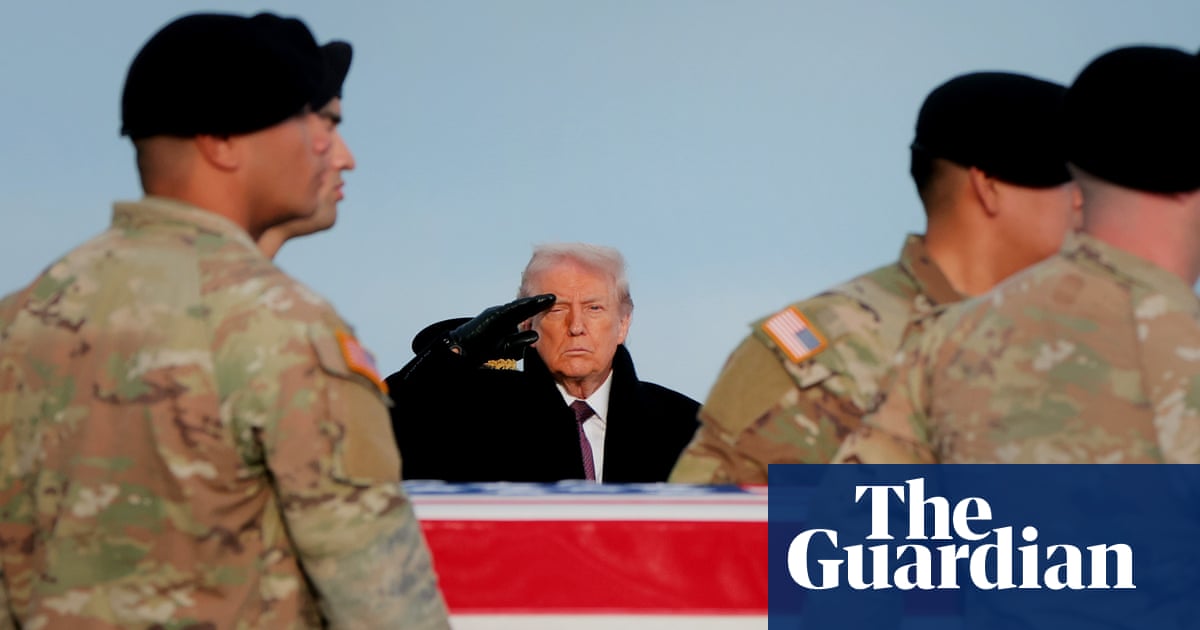fromwww.aljazeera.com
1 week agoSyria moves out last residents of ISIL-linked desert camp
Official Fadi al-Qassem says all residents have left al-Hol camp, which long housed relatives of alleged ISIL (ISIS) members. Syrian authorities say they have fully evacuated and shut down a remote camp that once kept thousands of relatives of alleged members of the armed group ISIL (ISIS). The last residents were sent out in a convoy Sunday morning, according to Fadi al-Qassem, the Syrian government official overseeing the camp.
World news

